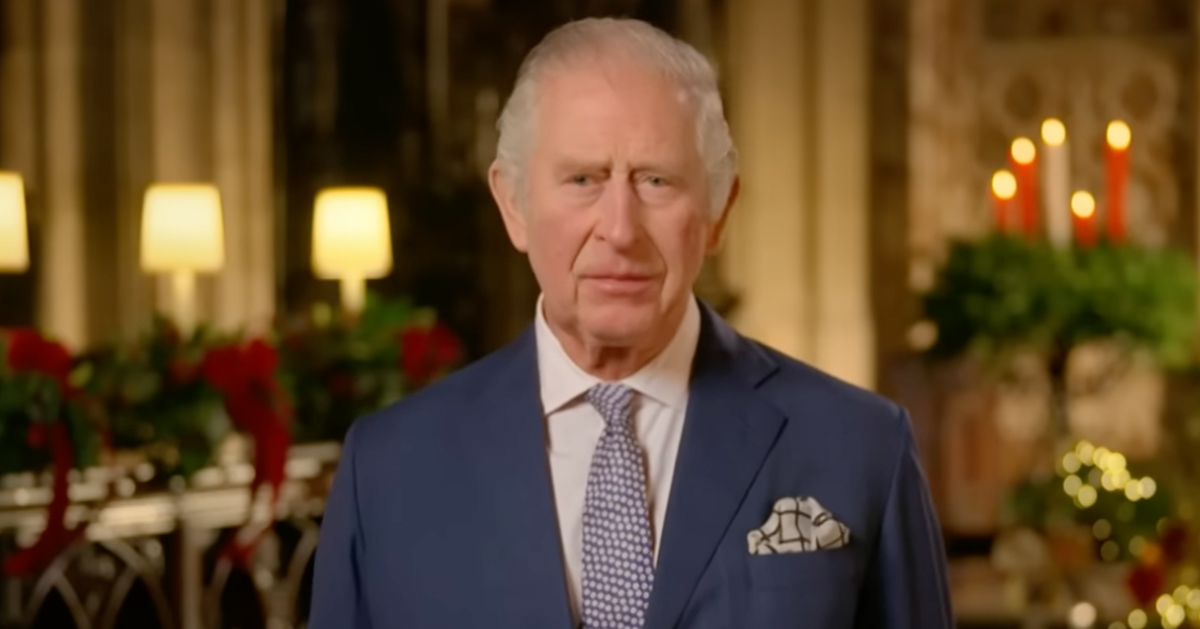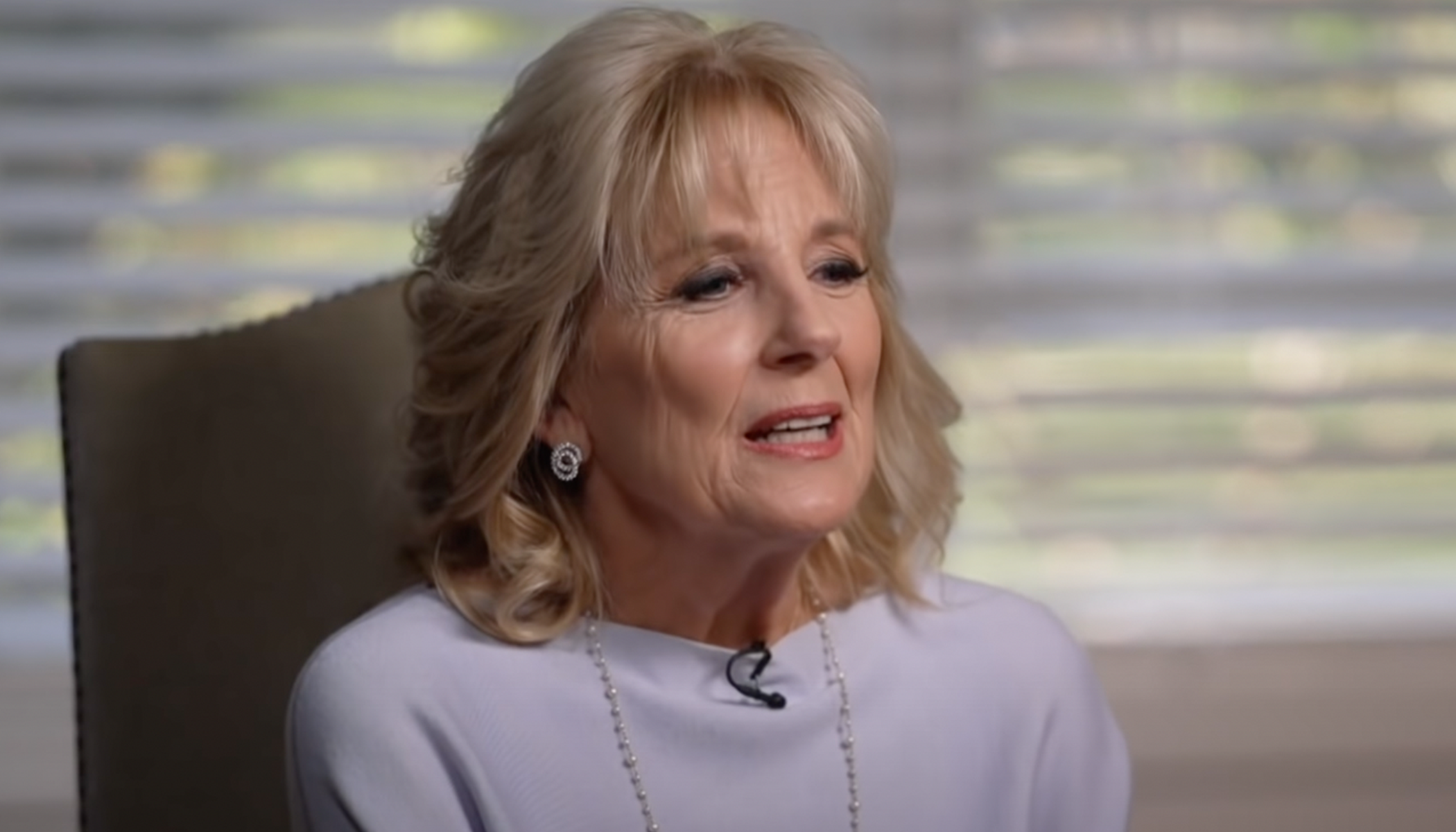NYT Report Raises Ethical Concerns Over Use of Private Hegseth Email
The New York Times has ignited a heated debate by publishing a private email from six years ago written by Pete Hegseth's mother, one which she now regrets sending.
The article, penned by Sharon LaFraniere, comes amid growing controversy, as critics argue that the piece is an attempt to scuttle Hegseth's nomination to lead the Pentagon, as Breitbart reports.
In April 2018, Hegseth was involved in divorce proceedings with his then-wife, Samantha. During this time, in a moment fueled by emotional stress, his mother penned an email criticizing her son's behavior.
She described his actions as "despicable and abusive," particularly in his characterization of Samantha as "unstable."
Mother Expresses Regret Over Email
Shortly after sending the email, Hegseth's mother followed up with an apology. She expressed that her prior message was sent "in anger" and did not truly reflect her beliefs. She disavowed the contents of the initial email, affirming her support and defending her son’s character.
Further exacerbating the situation was the manner in which LaFraniere promoted her article on social media. She boasted that the piece could be accessed without a paywall, labeling it a "gift" for readers, which drew additional scrutiny.
Critics, including author Sean Parnell and podcast host Megyn Kelly, have not been shy in voicing their disdain. Parnell, in particular, took to social media to condemn the New York Times for publicizing intimate family correspondence. He called it a "despicable" tactic, suggesting such approaches are rarely aimed at those with differing political views.
Article Slammed by Fellow Journalists
Kelly also offered her perspective, referring to the incident as unnecessary media intervention in personal family dynamics. She sarcastically extended the premise, suggesting the NYT would next publish details of inconsequential family grievances from years past.
This controversy joins a series of allegations against Hegseth that have surfaced recently. The Washington Post previously published an uncorroborated claim involving a rape allegation, and Reuters had released a report, later discredited, regarding tattoos allegedly tied to extremist views.
These articles collectively form a strategic narrative, as perceived by Hegseth's supporters, to impede his nomination for the role of defense secretary. The timing and nature of these accusations have raised eyebrows among those who suspect a coordinated effort.
Past Accusations Against Hegseth Gain Attention
The public response to revealing a family's internal turmoil has been mixed. While some readers express curiosity about public figures' private lives, others criticize what they view as an unethical overreach by media outlets.
Hegseth, a decorated veteran with experience in both Iraq and Afghanistan, has faced intense scrutiny over his personal life. The focus on past relationships and the consequential family friction during his divorce has overshadowed some aspects of his candidacy.
The role of the media in shaping narratives around public figures is as significant as ever. This instance underscores the thin line between investigative journalism and perceived invasions of privacy.
Media's Role in Shaping Public Opinion
Hegseth's mother, whose initial comments have fueled this media flurry, reiterates her stance that her words were spoken not in truth but from a place of emotional distress. She describes the NYT's decision to publish as "disgusting," emphasizing her regret over the original message.
As discourse continues around the ethics of publishing private correspondence, it raises important questions about balance and respect for privacy. These instances challenge journalists' responsibility to inform the public while respecting personal boundaries.
The New York Times, one of the nation's most influential daily publications, staunchly defends its editorial choices, arguing for the public's right to know. However, such decisions can sometimes blur the lines between hard news and tabloid-like exposure.
Impact on Nomination Uncertain
The long-term impact of this controversy on Hegseth's nomination remains uncertain. However, it highlights the strategic nature of political journalism where personal histories can be wielded as tools in broader campaigns.
What remains pivotal is understanding how individuals, whether public figures or otherwise, navigate the complex terrain of media scrutiny in the modern age. As this narrative unfolds, it becomes an illustrative case of media influence and political strategy in today's landscape.






